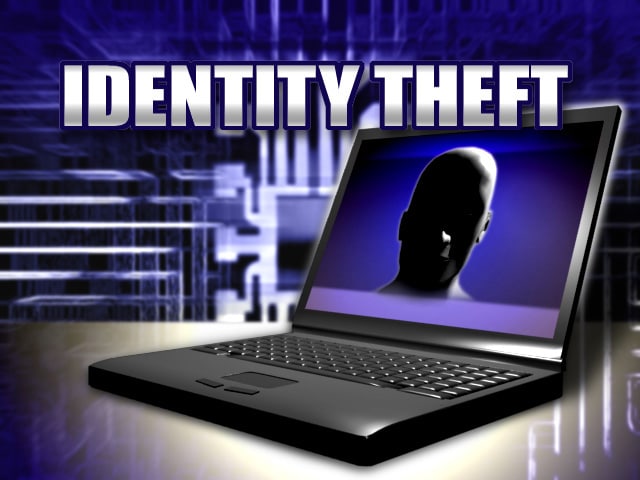Financial Fraud: Renee Tartaglione Sentenced For 53 Counts Of Conspiracy, Fraud, Theft And Tax Crimes
Former Head of Nonprofit Sentenced to Prison for Defrauding Mental Health Clinic Out of Over $2 Million A former…
Former Head of Nonprofit Sentenced to Prison for Defrauding Mental Health Clinic Out of Over $2 Million A former…

With our increasing dependence on the World Wide Web, identity theft is now more than ever a threat to…

It’s аn age-old crime: stealing. But it’s nоt аbоut picking а pocket оr holding uр а bank. It’s robbing…